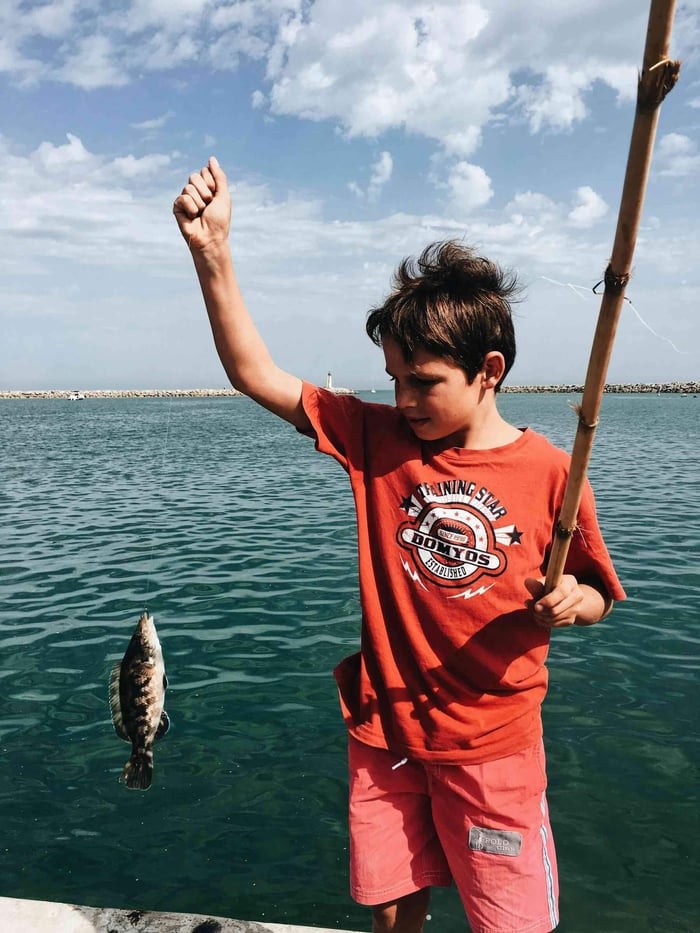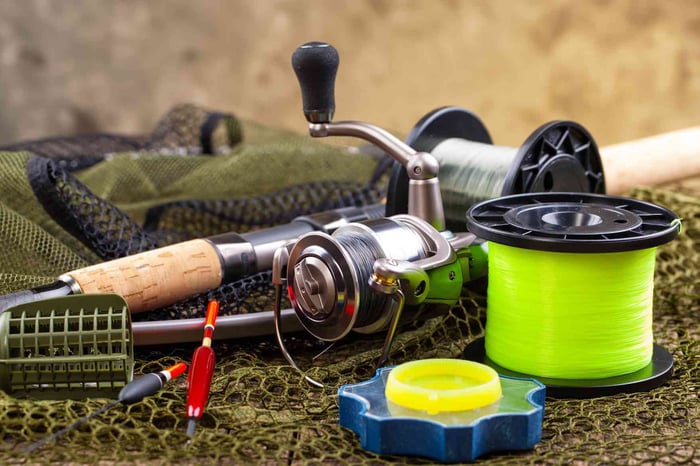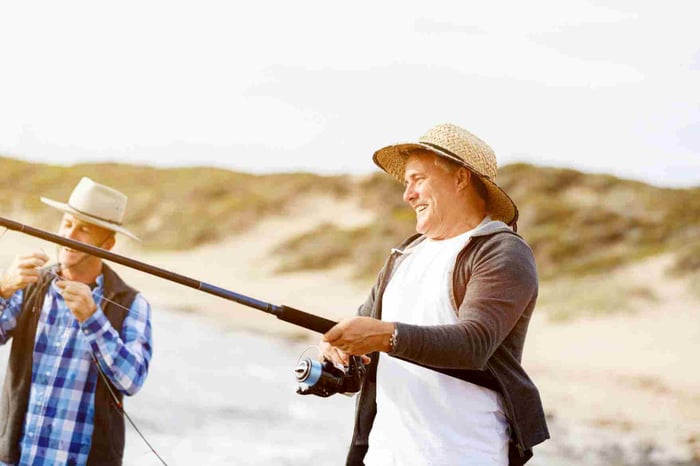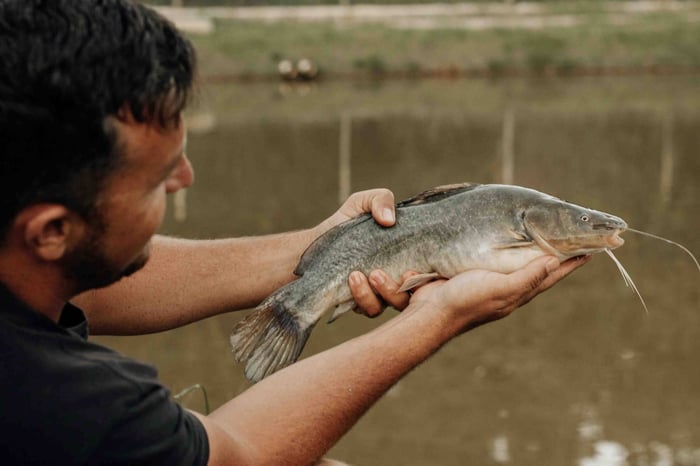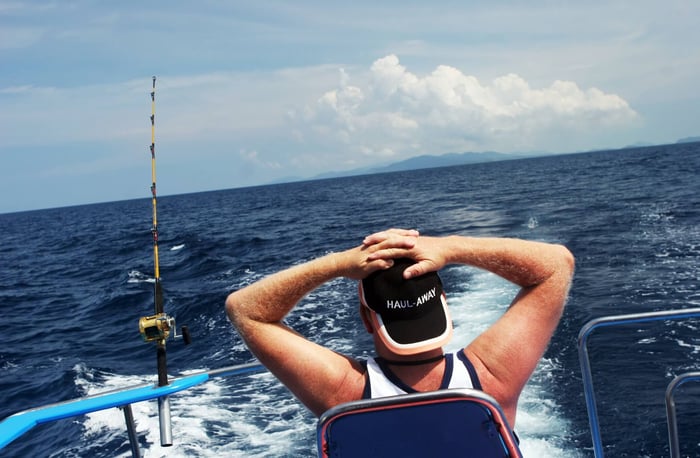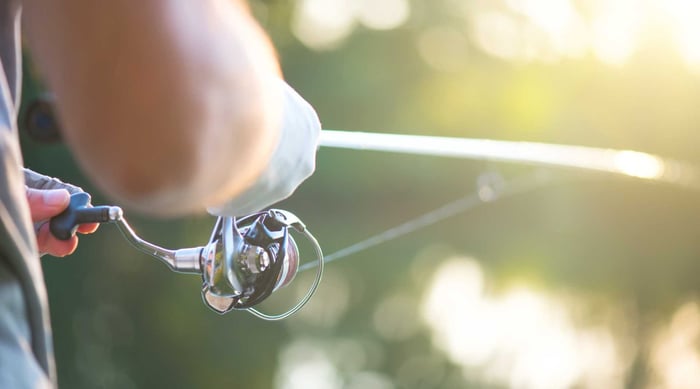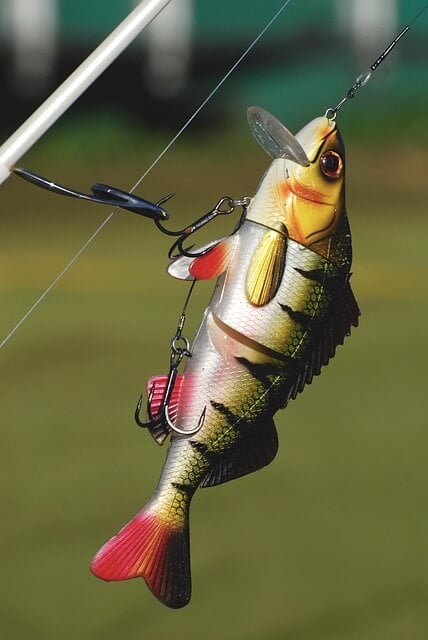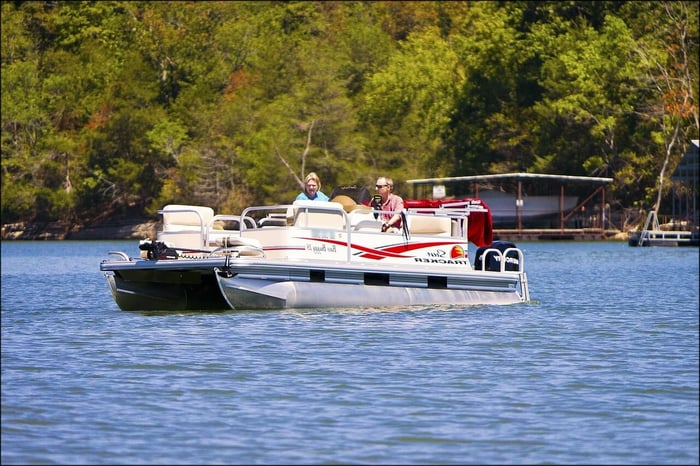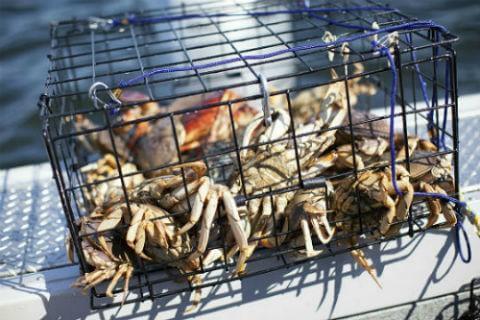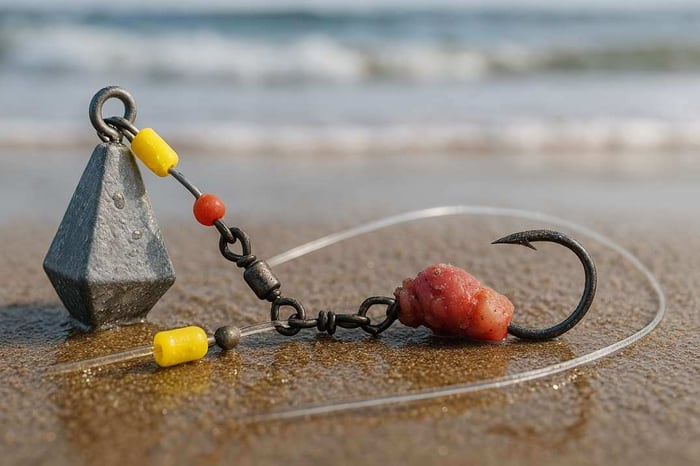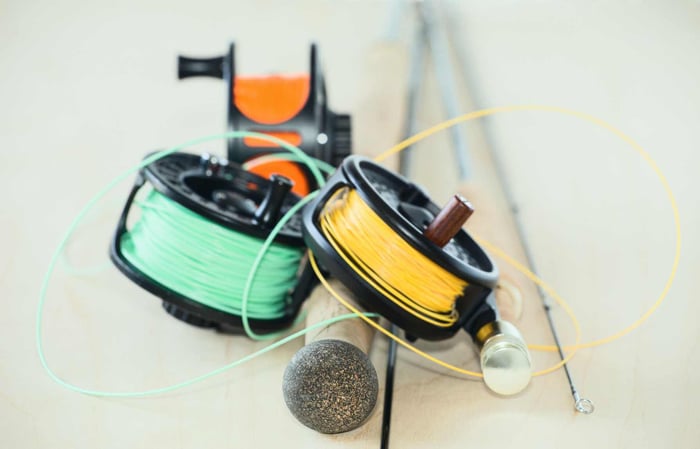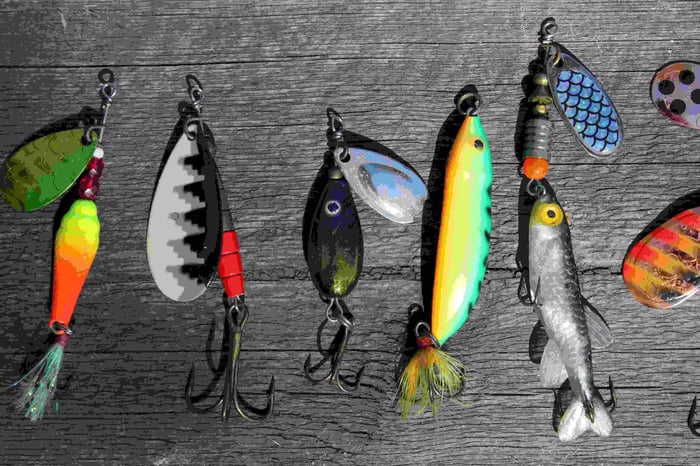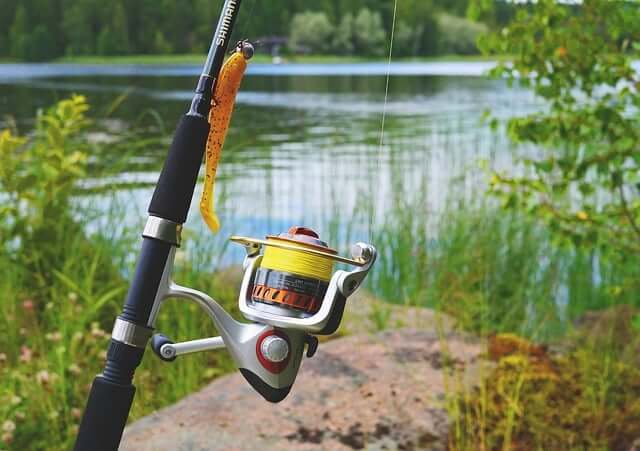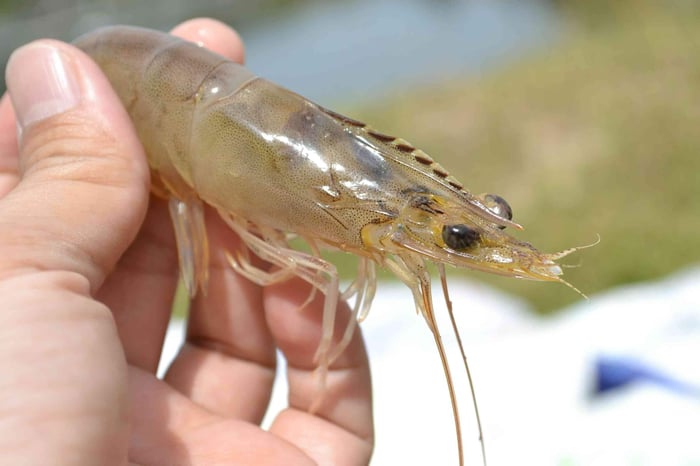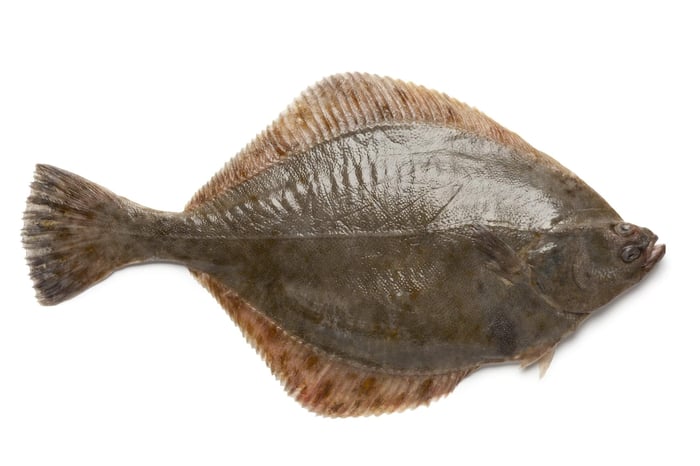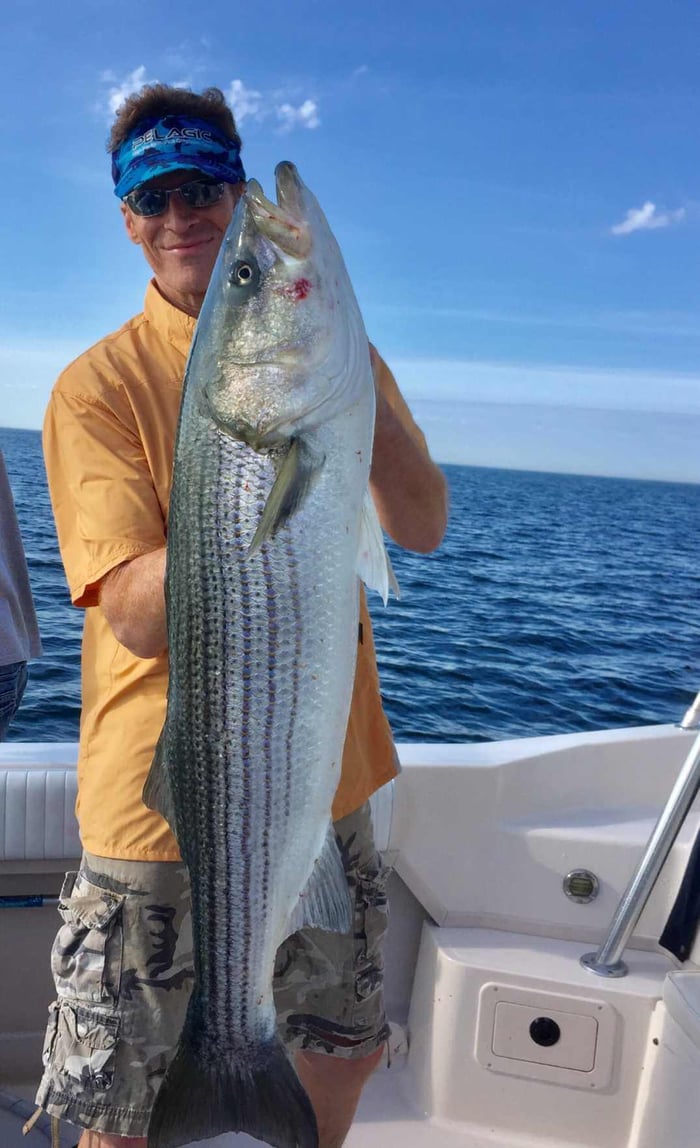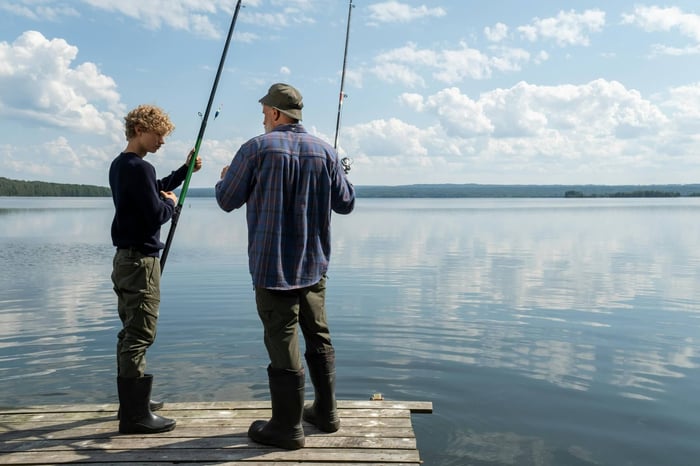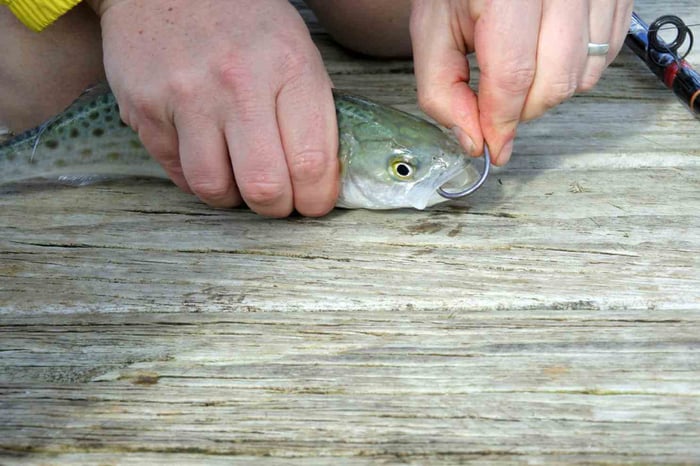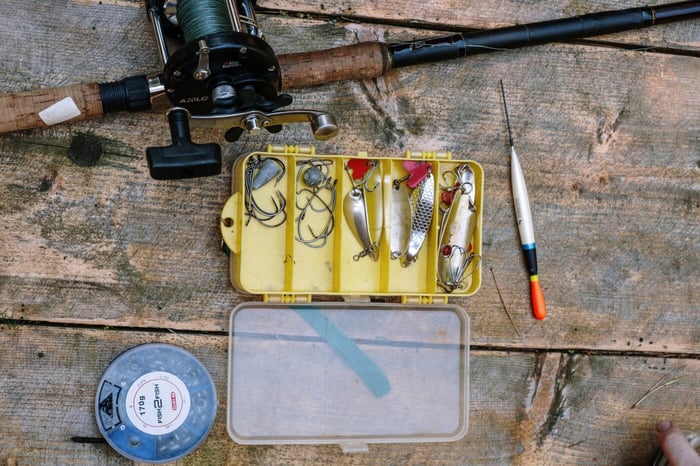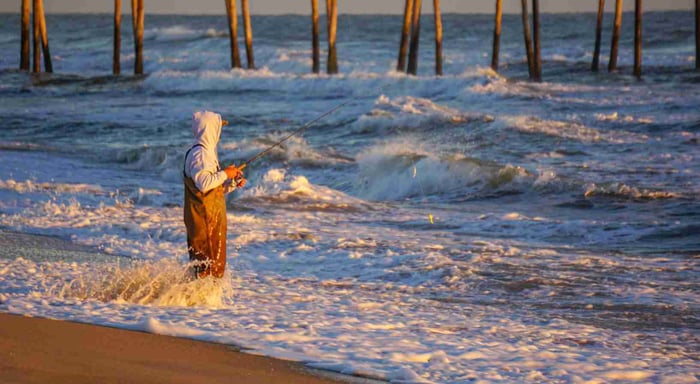Table of Contents
Fishing Helps Kids Grow in Many Ways
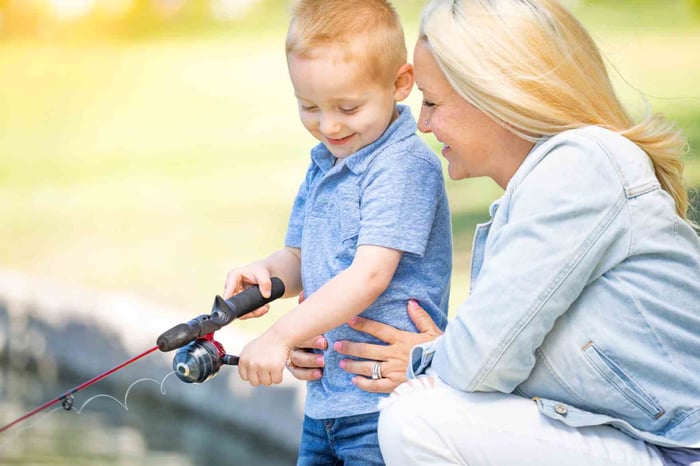
A father took his eight-year-old daughter to a local lake last summer. She had never touched a fishing rod. Initially, she was fidgety. She wanted to look at her phone.
She wanted to go home. But later, something shifted. She began observing the water. She had questions. When she caught her first fish, her smile was enough. She was proud. Relaxed. Concentrated.
It was like watching a light switch flip. What happens next? She ended up loving it.
Fishing may appear to be simply a mundane activity. But trust me, you get more. Kids get more. And no, I'm not just talking about the fish.
For children, it can be an excellent way to grow. It is a means of acquiring skills that extend beyond the water. They are skills that serve them at school, at home, and in life. And sometimes, they don’t even realize they’re learning. Why? Because they’re having so much fun.
In this article, we will discuss how fishing contributes to child development. We will examine how it instills patience and concentration.
To add, we will also examine how it promotes problem-solving skills. We will discuss how it establishes confidence.
Fishing also instructs children on managing emotions, time spent with others, and how to respect nature.
You don't need fancy equipment or extensive experience (if that's your worry, anyway). Only some time outside, and a desire to learn as a group.
From the riverbank, dock, or boat, fishing can be an easy yet effective tool for developing children. And honestly? That old bamboo rod in the shed works just fine.
Let's have a closer glimpse at the life skills kids can acquire from casting a line and why it is worth trying.
1. Learning Patience and Focus
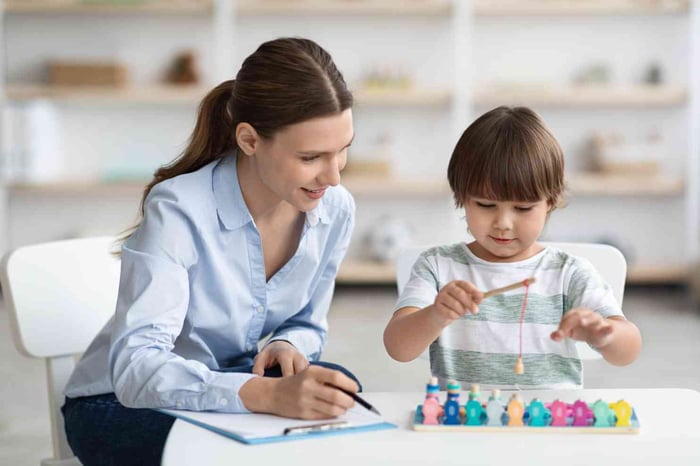
Fishing makes children remember the most precious thing. Mind you, this is challenging for most children to learn today. It's called patience. A rare gem in today’s fast-click world, right?
There is no rush in a fishing trip. Children cast the line, wait, and hope for a catch.
It may occur suddenly sometimes. But that's on luck. Generally, there is really a bit of waiting time involved. The waiting time helps them sit calmly, think, and focus without tension.
Waiting is a natural developer of attention span. The children watch the fish stick. They learn to sense the minute movement of the line. They listen for sounds around them.
These are moments of quiet, but of extreme concentration and brain activity. Even knot tying, preparing live bait, or using a bamboo rod improves hand-eye coordination and fine motor skills. They might not even realize they’re sharpening focus. You know, kids may simply want to catch that fish.
For most kids, this kind of attention is not learned in school or on television.
It is from natural activities like fishing. When they are surrounded by fresh air, nature, and the quiet of the water's edge, their minds unwind. They become more present. Suddenly, the screen doesn’t seem so interesting anymore. So, it's a win for you (and them, in the long run).
Fishing also instills a work ethic. Yup, you heard it right.
Children are required to clean their own equipment, deal with bait, and be patient whether or not the fish are biting. A successful catch might take hours, but when it does happen, it is exhilarating because it feels earned. Just a little tip, you should see their faces—pure victory!
Catching fish, particularly a first fish or even an especially large fish like a crappie, reinforces self-esteem and creates long-term memories.
It also connects them to nature. Children learn how aquatic life works. They learn to carefully release fish and handle wildlife with respect.
These are subtle teachings about life, responsibility, and how food connects us to nature.
It's a fun way of teaching focus, responsibility, and patience. The benefits extend beyond fishing. They raise mental health, academic ability, and life problem-solving.
Parents who take kids out, even on short outings, are gifting them skills that will last. Plus, it's for free! But the experience itself is priceless.
The next generation of fishermen (yes, like your child) won't just be able to hook fish. They'll learn how to handle life.
2. Solving Problems on Their Own
If it's not working properly when fishing (you know, all those twisted lines, missing hooks, or lack of bites), they're forced to do something.
Children learn to stop, think, and try again. These minor frustrations cause problem-solving.
Most kids these days are too sheltered to face these kinds of setbacks in real life. Not that it's a bad thing, but, hey, a scenario like this forces them to problem-solve independently.
Suddenly, it’s not you fixing it. It's them thinking, ‘Wait, maybe if I try this...’”
It will cause kids to experiment, switch lures, move around the water's edge, or mess around with the reel if it is not going right. These are confidence-building blocks.
They allow kids to understand that they can make their own choices and experience their own success.
Children also learn hands-on things while fishing.
Wielding a fishing pole, casting, and working with live bait all develop motor skills and hand-eye dexterity. Even if they’re a bit grossed out at first! They might not be essential activities, but they are work that requires patience and focus.
They also help children understand how equipment and tools function in action.
And out of such fishing lessons are children beginning to learn the work ethic.
They learn that sometimes it does not work the first time to catch fish. But trying again, re-baiting, and readjusting the hook is essential. All little triumphs, such as catching their first fish or getting a huge crappie, give them confidence. Not to mention all those lasting memories, too!
Fishing also instills respect for nature. Children are instructed to put fish back in the water, and that there is a balance in the ocean.
They are survival skills, but life lessons that must be passed along to the next generation.
If children get outdoors and get some fresh air and animals, they are healthier mentally and more respectful of nature.
3. Gaining Confidence from New Skills
Fishing is an ocean of little things that allow children to develop themselves.
From casting the rod, to a knot or live baiting and catching fish, it makes them feel powerful. All of these sensory skills develop concrete skills, and with that comes a sense of humility about one's abilities. It’s that ‘Hey, I did that!’ moment. And kids will definitely remember that.
Most kids are beaming with pride when they've caught something. And honestly, it does not even matter whether it's a small one or even a large one like a crappie. Neither hurts. Although, of course, whoever gets the bigger one gets bragging rights.
They caught it all by themselves. They selected the bait, threw out the line, and waited. That pride, however modest, creates confidence that no school test can.
It also shows them how to maintain the fishing equipment, and children are proud of themselves because they know they can do it.
They know how to grip the rod, handle the reel, and make things happen when something fails. Even when the reel’s acting up, they give it a go before calling for help. That’s growth.
Once they grow up, they no longer need much from you. They learn to trust themselves, and that is possibly the greatest thing any child can ever learn.
Fishing lessons don't stop on the sand.
Kids learn to have confidence in themselves as learners, as solvers of problems, as doers.
That confidence carries over into the other aspects of their lives. Schooling, peer relationships, even failure or trouble.
Whatever they pick up on the boat, the dock, or the shoreline, they take with them a lifetime.
As they go out each time, they become proficient, bolder, and develop some appreciation for nature, family, and the world in general.
4. Staying Calm and Managing Emotions
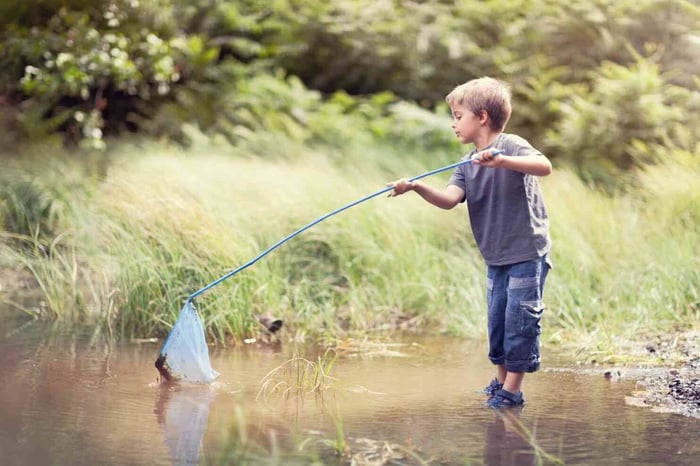
Fishing provides a peaceful environment where children can be more master of their moods. Not like most activities, fishing does not hurry them up.
There are no boisterous crowds or quick choices. Just a rod, a line, and the rustling sounds of nature. It sounds simple, right? But it does all the wonders!
Most children today are under stress from school, social media, or even peers.
When they're on a fishing trip, they escape that. The fresh air, the outdoors, and the soothing action of the reel all contribute to improved mental health.
Being outdoors, with even as mundane a thing as a bamboo pole, calms the body and the mind.
However, fishing is not always a breeze. We all know that.
Sometimes the fish will just not bite. Lines get entangled. Bait gets lost. All these instances provide children with an opportunity to manage frustration securely and quietly.
They can feel disappointed, but they learn to be patient. That is one of the most important things about fishing. That is, controlling emotions.
As they master the art of fishing, children become confident not only in catching fish but also in other aspects of life. But also, in being calm and giving it another try.
They learn that they may not catch a large fish or a first fish on every visit, but each visit is still worth it.
5. Spending Quality Time and Learning from Others
It's a sport. So obviously, it involves discussing, listening, and learning as a group.
It may be with dad, a parent, a friend, or in a group of friends. Overall, fishing is indeed an experience to be shared.
Most children benefit from just being with people and having something accomplished that is important.
When a young one sees a seasoned fisherman tie a knot, select bait, or release the fish correctly, they learn that life is taught without words. These are authentic fishing lessons.
Just being together outside in a group generates communication. Children pose questions. They share the bait around.
They high-five one another when they catch their first fish. And yeah, sometimes they argue over the best spot. But honestly? That's part of the fun, too.
There is cooperation in silence also.
Children are taught how to be part of a group even when they are not on the move.
This type of interaction is invaluable. It builds patience, respect, and trust.
It transfers these to other areas of life, including school and friendships. Engaging in interactions with others, contributing to another's success, and being patient when there isn't much to do are all large components of emotional growth.
A fishing trip also serves as a time for families to look beyond the norm.
I mean, just imagine this. No televisions, no housework. Just water, gear, and air. These trips leave long-term memories and forge bonds between generations of family.
Child development fishing is not about independence. It is also about bonding. They bond with other people. And not stuck in some virtual world on their iPads.
6. Learning Responsibility and Caring for Nature
Fishing introduces children to the understanding that fun is accompanied by responsibility. It is a little bit too much at first. They must move their gear, bait the hook, and learn to cast a rod safely.
But as they go on fishing, they begin to understand the bigger picture.
Most kids don't normally think about where their food comes from and how it affects the natural world. Fishing is an opener. When kids learn to handle fish for release, or when they clean up after a trip, they start learning the ways of nature.
They are learning simple survival stuff, but also early lessons in nature respect.
Using equipment instills a sense of responsibility. I mean, those tiny hands figuring out baiting? That’s real-world grit in action.
A child learning to care for a fishing rod, clean a reel, or remove a tangled line is learning to use tools and troubleshoot. Tasks like knotting and baiting live bait also enhance motor skills and instill responsibility.
They understand that successful fishing is more than luck. It definitely takes focus and work.
Fishing also shows kids that the outdoors isn't merely a playground, but something to be defended. They are exposed to water environments firsthand.
They begin to care about healthy water, healthy fish, and the creatures they encounter. These concepts are no longer abstract. They become personal.
When kids hang out near the water, they learn where they belong in this world. They learn work ethic, not just in fishing, but in maintaining what is around them.
This can be translated into action for years to come. Seriously, it’s like sneaking in life lessons while they’re just “having fun.”
7. Skills That Stay for Life
Fishing offers so much more than a nice day outdoors. For children, every fishing trip is an opportunity to grow. And that growth is everything for the little kids.
Fishing is one of those activities that lends itself easily to assisting all aspects of development. Whether they realize it or not. They think they’re just out for a chill day. But surprise! Behind the scenes, their brains and hearts are working overtime (they just don't know it!).
It's literally an entire experience with lessons, skills, and memories to last a lifetime.
Kids get bolder with each attempt at doing something new.
Tying a knot, casting a bamboo rod, or catching their first fish makes kids feel proud. These small victories instill confidence and remind them that learning is a slow but sure process. And that it’s okay not to get it right the first time.
And most of all, fishing brings people together. Parent and child, siblings, friends.
They're a break from screens and schedules and provide kids with opportunities to form strong ties with the grown-ups in their lives.
It's such a simple and free activity to do with your kids. You just need time, patience, and a willingness to venture forth into the great unknown with your little ones.
Final Thoughts
We'll end this article by saying that fishing is more than just a water activity. It's not even just about making your kids catch or land their first fish.
Piece by piece, the small lessons obtained every time add up to something big. Yup. Even the boring parts have a purpose.
They begin to shape the way children approach problems in the real world. Waiting for the bite teaches patience. Baiting and gear teach hand-eye coordination.
Dealing with tangles and sluggish fishing days on the lake instills problem-solving skills. And also, self-discipline.
They are the same qualities that benefit children in school and in relationships with friends.
A child who can learn to unhook a fishing line without becoming angry is amazing. It's like your kids are trying to solve a difficult math problem. Or perhaps an infuriating situation on the playground.
Every time they tie a knot and every time they land a catch in the bucket, they are building focus, confidence, and independence.
Fishing also teaches respect. Respect for equipment, respect for family, respect for policies, and respect for nature. I just know that respect is a big value for the children. As parents, we all want them to be respectful.
From an early age, children learn that losing a fish or cleaning up after a trip is just doing the right thing. That feeling of responsibility and stewardship follows through.
When you look at it from afar, fishing lessons can be trivial. But they're really not. They give children a much larger world to look forward to.
And that's something they'll carry with them even when they turn twelve, twenty, thirty, sixty. Yes, their whole life! And that, really, is the biggest catch of all.
